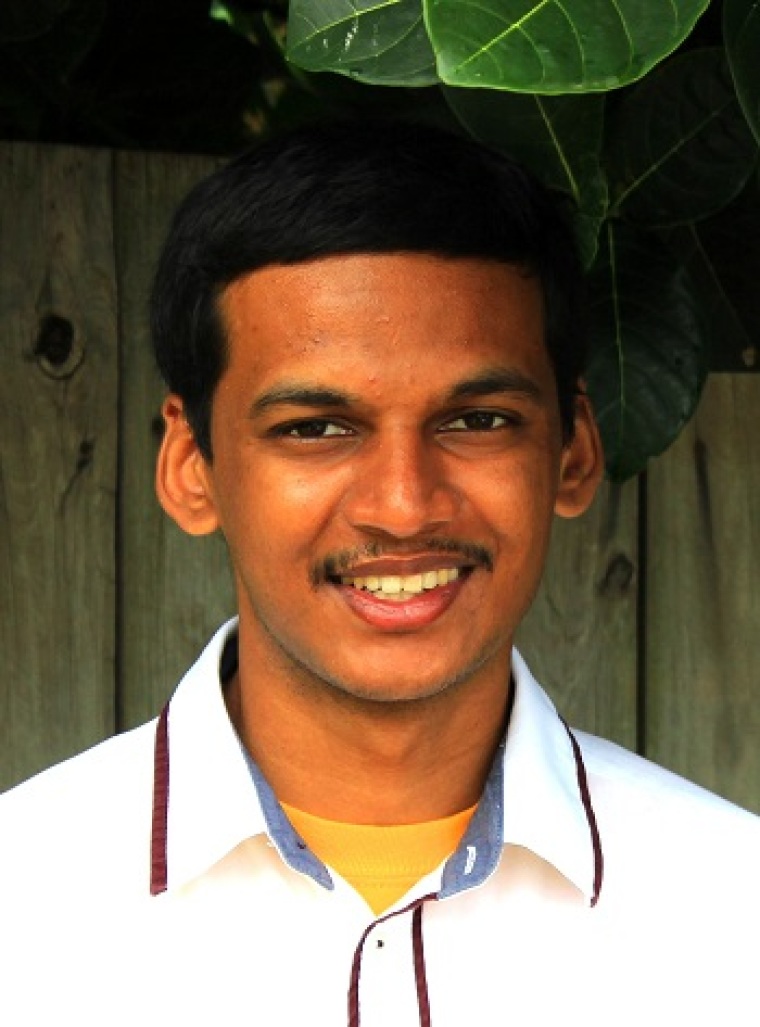

Have you ever been stuck in a conversation that seems to be going nowhere? Lately I have been having (or trying to have) deeper conversations with people I find myself with more often than not.
With the advent of social media, chat apps, and even meetup groups for social interactions, it is easier than not to make conversation with different people from different backgrounds and all different walks of life. In our society, when instantaneous 'communication is key,' how do we know what is authentic and what isn't?
The truth is: it's getting harder to tell.
Connection or attention?
I remember when I had just moved to the States and was living in California as a student in seminary. It was so amazing to me that random people would start conversations with me on the sidewalk, crossing the street, at the streetlights waiting for the walk sign to flash.
Some of these people became my closest friends. Yet, due to distance and distractions, it's getting harder and harder to stay in touch. We all seem to crave connection—but are we really craving a true connection simply for the attention?
Perhaps, at the heart of our craving, we are really looking for community; an authentic community, one that lives up to its name and unashamedly embraces those who become part of it, a community that stays together through changing times.
Admittedly, such community is hard to find; yet not totally impossible, as some might think. It seems much more easy to find a quick connection with someone than make a lasting community with a group of people. However, reading about such a community as far back as the first century - where people gathered and shared literally everything they had with everyone else, even going so far as to sell possessions and land to give to people they saw in need, was quite moving. They shared meals together and enjoyed each other's company.
Interestingly, the society around them took note, and this community was highly favoured and received great favour because of it. This is what true community looks like.
Technology: hindrance or help?
So why is it so hard for community to look like that now—technology is supposed to be a help, but so often turns out to be a hindrance?
One time I called up an old friend who had moved down to Melbourne and while we talked he admitted that he didn't have any friends. I was shocked, since at the time, he had more Facebook friends than I did. I proceeded to point this out to him, and he bluntly responded: 'just because you have a lot of friends, doesn't mean they talk to you.'
It was a stark contrast to what I thought was a far different reality.
Communicating our wants or desires to people who don't understand, or simply don't have the time to understand our dilemmas can leave deep wounds.
I have often searched for connection, any connection, with anyone who offers a listening ear. It seems a rare thing for people to take time to listen to you. I learned early on that listening to people, rather than telling them to listen to you, can be greatly beneficial in the long-run.
I had a friend in high school who was an incredible dancer, and was known around our school as a great performer. She won school talent nights several years in a row, participated in local competitions, and even began touring different cities with her dance crew.
Often she would pass me by in the school yard or message me saying she wanted to talk. So, for up to an hour after school, I would be on the phone simply listening and adding my "mm, hmm" or "uh-huh" every so often, not really knowing who she was talking about or what she was talking about, but just being there to lend a listening ear. Even after I graduated, we still talked often. Because I valued her as a friend, I kept it up; and we she ended up valuing our friendship that much more.
More than just connection?
Are you part of a community that values your existence? Do you feel that desire for more than just another connection? Would you be willing to be that friend to someone who needs you?

I believe we are created to be part of a community that loves us unconditionally, and as a family, a community that is willing to see us through thick and thin; and in the end, that community is the one that stands tall when all other connections seem lost.
A third-culture-kid born in Australia to Indian parents, Joseph recently returned from California where he was studying theology at Fuller, and has been working for the US Center for World Mission; his love of books and writing has now drawn him to PSI.
Joseph Kolapudi's previous articles may be viewed at http://www.pressserviceinternational.org/joseph-kolapudi.html